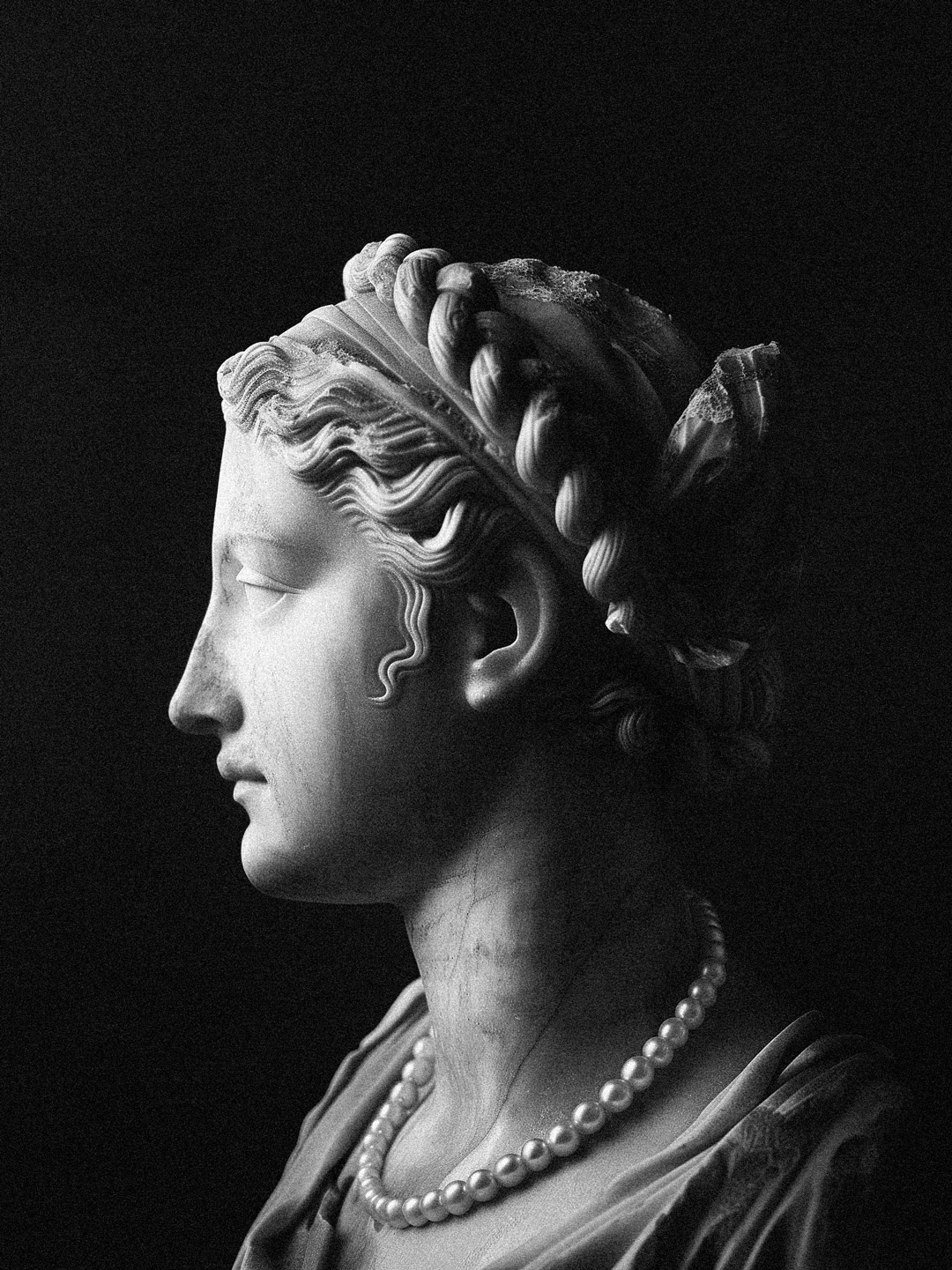 A protracted career of formal development was run throughout that primitive interval of Indo-European history which preceded the dispersion of the branches: phrases and forms were multiplied till even a maximum of artificial complexity, of fullness of inflective wealth, had been reached, from which there was in later occasions, upon the entire, a gradual descent and impoverishment. If the Greek and Latin system of declension is scantier than that of the original language of the household, their system of conjugation, especially the Greek, is decidedly richer, filled up with artificial forms of secondary progress; the fashionable Romanic tongues have lost one thing of this wealth, but they have also added something to it, and their verb, leaving out of view its compound tenses, will bear favourable comparison with that which was the common inheritance of the branches. Thus, first, by including an adjective suffix, it gets the adjective bezbozhnüǐ, ‘godless;’ a brand new suffix appended to this makes a noun, bezbozhnik, ‘a godless particular person, an atheist;’ the noun gives birth to a denominative verb, bezbozhnikhat, ‘to be an atheist;’ from this verb, once more, come a number of derivatives, giving to the verbal idea the form of adjective, agent, act, and so forth: the abstract is bezbozhnichestvo, ‘the condition of being an atheist;’ while, as soon as extra, a brand new verb is made from this abstract, particularly bezbozhnichestvovat, actually ‘to be within the situation of being a godless individual.’ A more intricate artificial kind than this couldn’t simply be found in Greek, Latin, or Sanskrit; however it is not any rare or exceptional case in the language from which we’ve got extracted it; it reasonably represents, by a putting occasion, the overall character of Russian phrase-formation and derivation.
A protracted career of formal development was run throughout that primitive interval of Indo-European history which preceded the dispersion of the branches: phrases and forms were multiplied till even a maximum of artificial complexity, of fullness of inflective wealth, had been reached, from which there was in later occasions, upon the entire, a gradual descent and impoverishment. If the Greek and Latin system of declension is scantier than that of the original language of the household, their system of conjugation, especially the Greek, is decidedly richer, filled up with artificial forms of secondary progress; the fashionable Romanic tongues have lost one thing of this wealth, but they have also added something to it, and their verb, leaving out of view its compound tenses, will bear favourable comparison with that which was the common inheritance of the branches. Thus, first, by including an adjective suffix, it gets the adjective bezbozhnüǐ, ‘godless;’ a brand new suffix appended to this makes a noun, bezbozhnik, ‘a godless particular person, an atheist;’ the noun gives birth to a denominative verb, bezbozhnikhat, ‘to be an atheist;’ from this verb, once more, come a number of derivatives, giving to the verbal idea the form of adjective, agent, act, and so forth: the abstract is bezbozhnichestvo, ‘the condition of being an atheist;’ while, as soon as extra, a brand new verb is made from this abstract, particularly bezbozhnichestvovat, actually ‘to be within the situation of being a godless individual.’ A more intricate artificial kind than this couldn’t simply be found in Greek, Latin, or Sanskrit; however it is not any rare or exceptional case in the language from which we’ve got extracted it; it reasonably represents, by a putting occasion, the overall character of Russian phrase-formation and derivation.

When as soon as, after we know not how long a interval of expectation and tentative effort, the formation of words by synthesis had begun in the primitive Indo-European language, and had been found so fruitful of the technique of assorted and distinct expression, it became the behavior of the language. Then, when peculiar circumstances within the historical past of a language have arisen, to cause the speedy and common decay and effacement of historic varieties, as in our language and the Romanic, the technique of formative composition; though never wholly extinct, has been found too inactive to restore the losses; they have been made up by syntactical collocation, and the language has taken on a prevailingly analytic character. We do not in the least really feel impelled to doubt the historic reality of the earliest mixtures, their parallelism, in character and origin, with these which we see springing up in trendy instances. The constructive as properly as the destructive forces in language admit of illustration, and have been by us illustrated, with trendy in addition to with historical examples. We will turn virtually any substantive in our vocabulary right into a quasi adjective-saying a gold watch, a grass slope, a church mouse, and so forth-because, through the intermediate step of loose compounds like goldsmith, grasshopper, churchman, we have now acquired the behavior of looking upon our substantives as convertible to adjective uses without alteration and with out ceremony.
Lee Patterson (Berkeley: U of California P, 1990; New Historicism: Studies in Cultural Poetics 8) 248-84. For histories of REED and examples of uses of the info gathered by the undertaking, see Douglas and MacLean, eds., REED in Review: Essays in Celebration of the first Twenty-Five Years (Toronto: U of Toronto P, 2006; 271 pp.; Studies in Early English Drama 8). Reviews: (York) Barrie Dobson, Renaissance and Reformation ns 6.1 (1982): 47-55; Sheila Lindenbaum, Modern Philology 80.1 (1982): 80-83; Alan H. Nelson, Modern Language Review 78.1 (1983): 131-33; (Newcastle) Richard C. Kohler, Shakespeare Studies 18 (1986): 279-84; (Cambridge) Peter Happé, Comparative Drama 24.1 (1990): 78-82 (with an assessment of your entire project); Hilton Kelliher, Library 6th ser. We’ll look at some different components which will make a difference within the happiness levels of kids and adults, starting first with a topic more associated with the younger: enjoyable. The first kinds, developed phrases containing a formal in addition to a radical aspect, can’t have come into existence in any other case than by gradual levels, labored out by the unconscious exercise of that ingenuity within the adaptation of means to ends, of that sense for symmetry, for completed, even creative, manufacturing, which have ever been qualities particularly characterizing our division of the human race.
